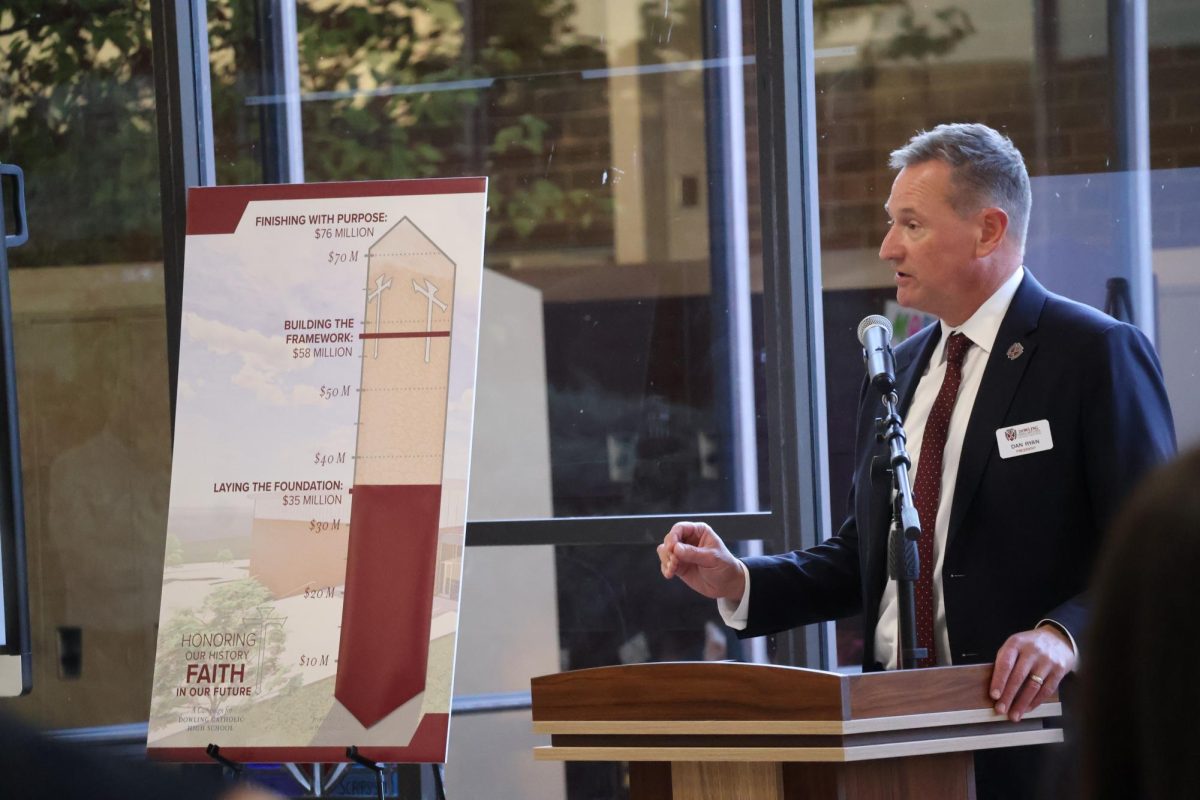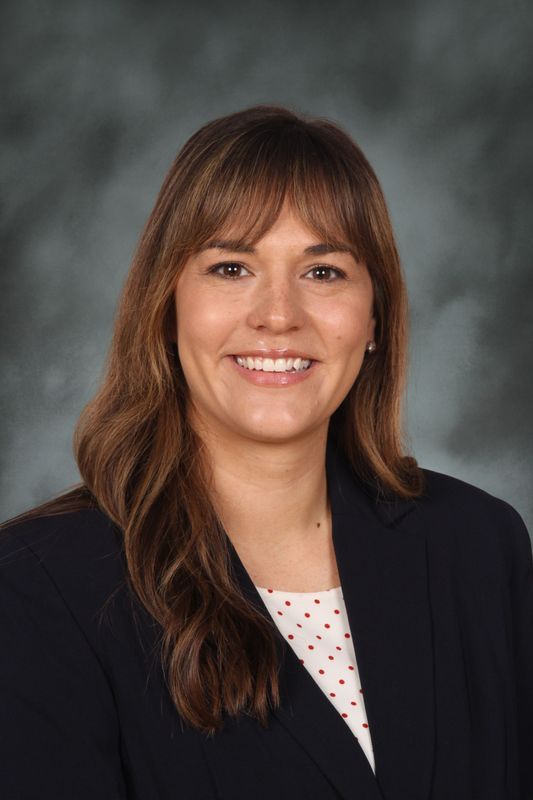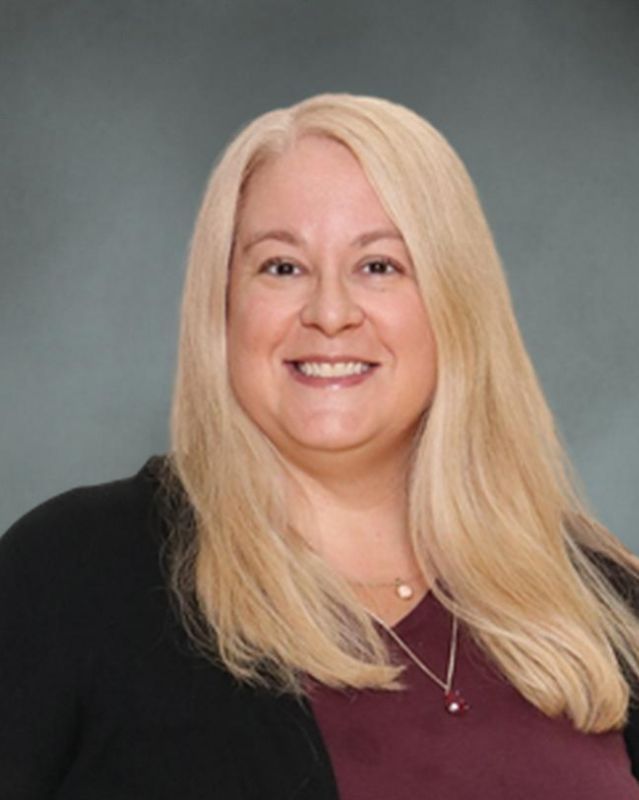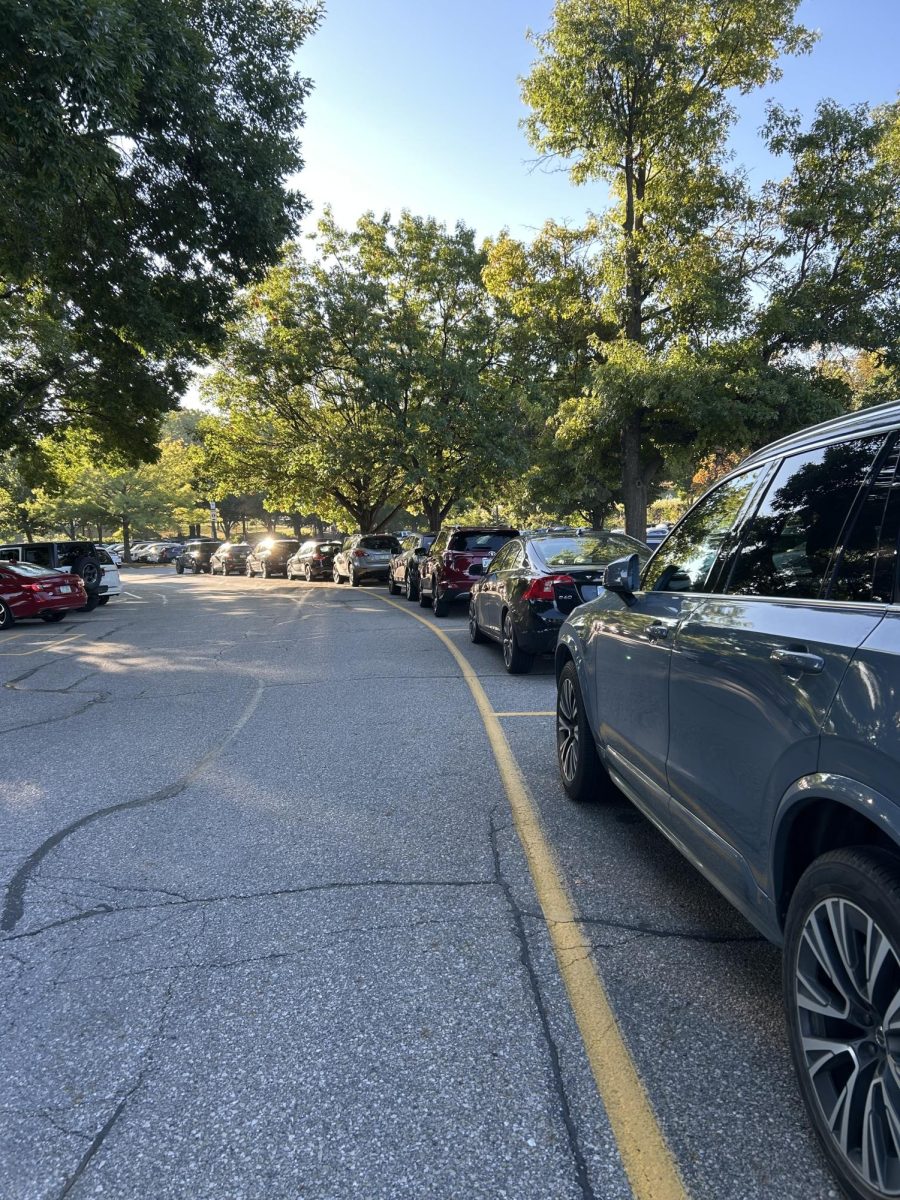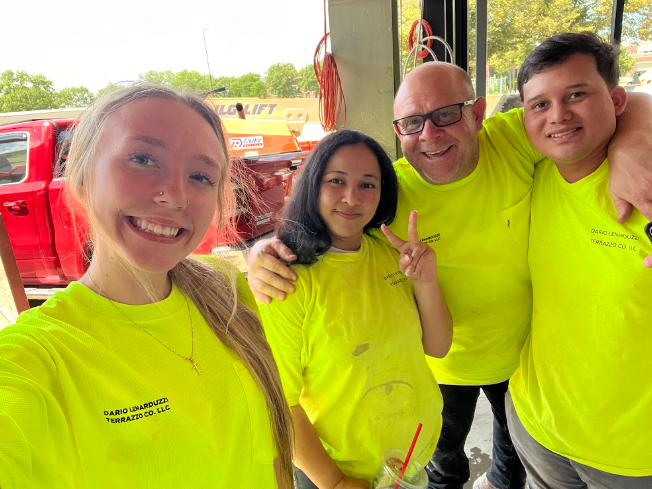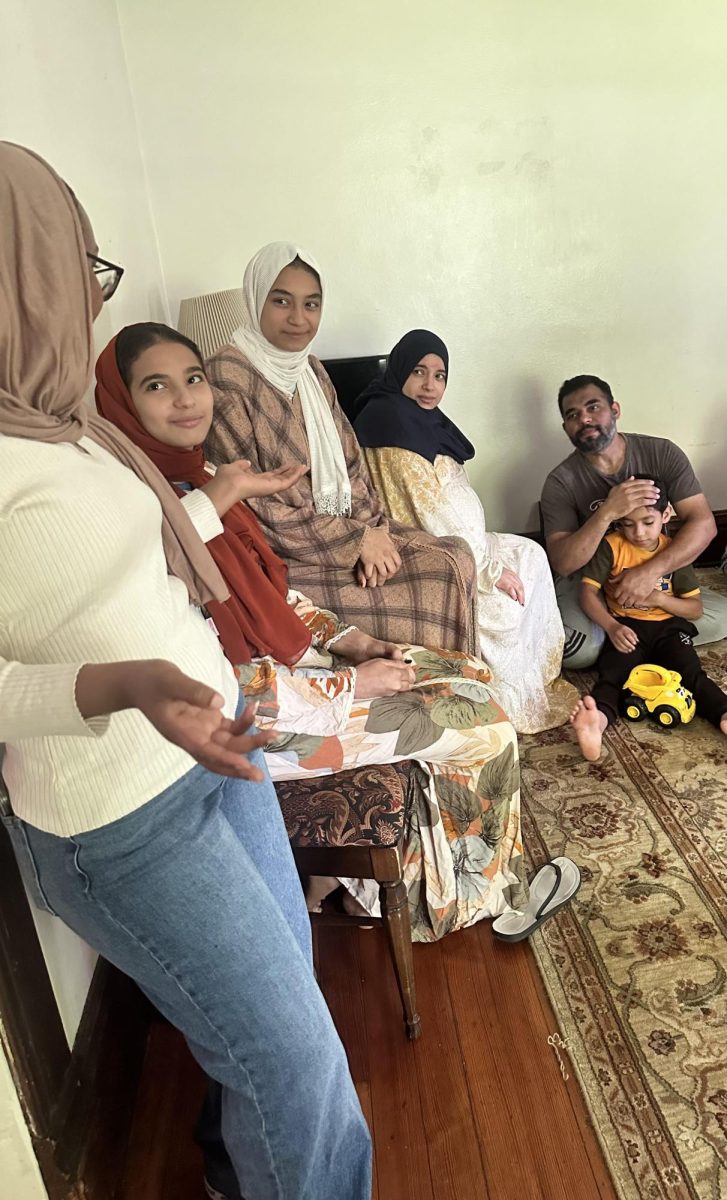“We can only listen at this point, not speak back.”
Lamyaa Shaban is a daughter, a sister, a wife, and a mom of three with another coming in the next two weeks. She is a native of Egypt and, as of 28 days ago, an immigrant to America.
While her parents grow old in Egypt, Shaban will grow her family nearly 7,000 miles away. As her sisters continue to put their names in the visa lottery, Shaban will pursue life on the other side of the draw. When her husband leaves for a job in their new Iowa City community, Shaban will stay home caring for their new baby. And as her older children begin mastering English in school next month, Shaban will remain unable to “speak back” to her English-speaking neighbors.
Shaban is positioned at the intersection of two worlds. Back in Egypt, Shaban has become as distant to her family and friends as the American Dream they yearn for. So far, she says through an Arabic translator, “the hardest thing has been to leave family and friends.” And yet, even in her new home, it seems that Shaban will also be isolated.
Her family will be immersed into their new American culture through work and school, but Shaban’s entry must be delayed due to the timing of her pregnancy and the demands that come with a new baby.
Fortunately, Shaban and her family connected with the Immigrant Welcome Network of Johnson County after they arrived in Iowa City. Since September 2023, the network, which is sustained by donations and grants, has provided temporary housing and basic resources for nine immigrant families living in Iowa City, Shaban’s family being the most recent.
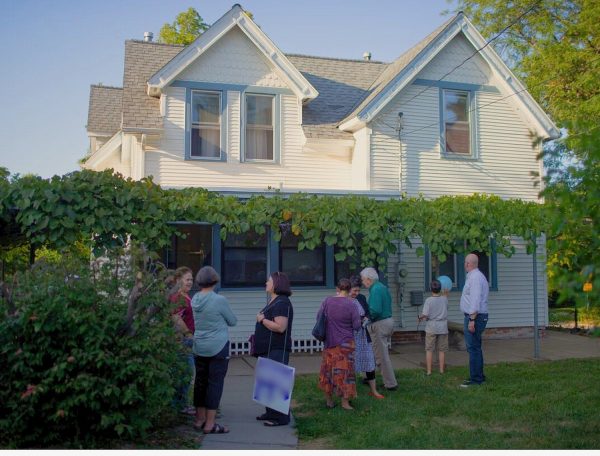
Noor Saad, a Community Outreach Navigator working directly with the family, is helping them obtain legal authorizations, namely a social security number. She explained that once documented immigrant families like Shaban’s receive their social security numbers, more doors begin to open. These include qualifications for jobs, a driver’s license, food stamps, Medicaid, the Special Supplemental Nutrition Program for Women, Infants, and Children (WIC), and general assistance social services.
Relief programs like Medicaid and WIC will be crucial for Shaban as she nears childbirth and postpartum recovery. Still, it comes as no surprise that health care for immigrant mothers has its pitfalls.
The National Library of Medicine published a journal that details one of these main pitfalls: language barriers. The journal found that language barriers not only lead to inadequate postnatal care due to a lack of communication but also “the related issues of not being able to express nuance of feelings and emotions in a new language or via a translator.”
A related journal adds that poor communication between healthcare providers and immigrant mothers can also lead to a “fear of the social services.” As a result, immigrant mothers often have reluctance “to ask for help or tell the social service about their struggles and difficulties in being a parent.”
Already after a brief conversation with Shaban, her fear of childbirth in America was made clear through the strong emotion in her voice that eventually gave way to tears. Her husband clarified that this pregnancy has been the most physically difficult compared to her three others in Egypt, referencing the frequent and at times uncomfortable movement of the unborn.
What’s more, Shaban is afraid of giving birth without the comfort of a greater support system, specifically her mother and sisters. This feeling of loneliness is not unique to immigrant mothers, but it is easily intensified for those who are new to a country like Shaban.
Iraqi refugee as well as psychology and public health scholar Zinah George reminds that “mental health problems are very taboo in Arab culture.” Accordingly, she says “we need to make resources more available for them to better understand themselves.”
At Salud Para La Gente, a community health center in Watsonville, California, obstetrician Dr. Cristina Gamboa aims to do just that. “We screen all of our moms for depression in pregnancy, regardless of immigration status.”
Gamboa references the higher rate of pregnancy-related mood disorders in immigrant moms before adding, “The time that we live in and the administration that governs us, I see it affecting patients.”
Remarkably, a mere month into living in America and just days before birth, Shaban maintains a palpable optimism, one founded in her gratitude for winning a visa and providing her children with a better education and life thereafter.
Despite her fears surrounding childbirth, Shaban and her husband jokingly point to her full belly and say, “This is our American Girl,” a daughter they plan to name Juri and one whose birthright citizenship is sure to offer security, stability, opportunities, and resources amidst the trials that the American Dream can pose to first-generation families.
No matter these trials, in the words of Shaban, “any shock is worth it.”

